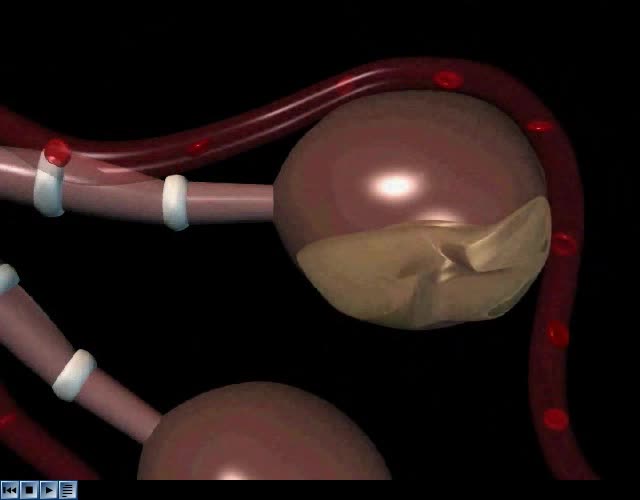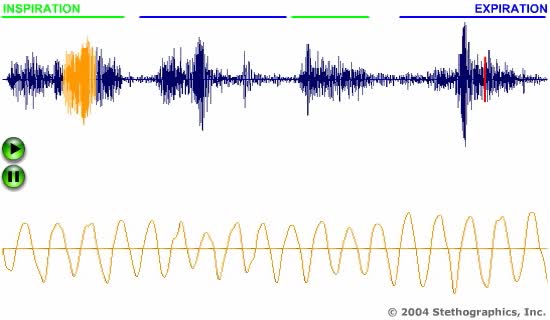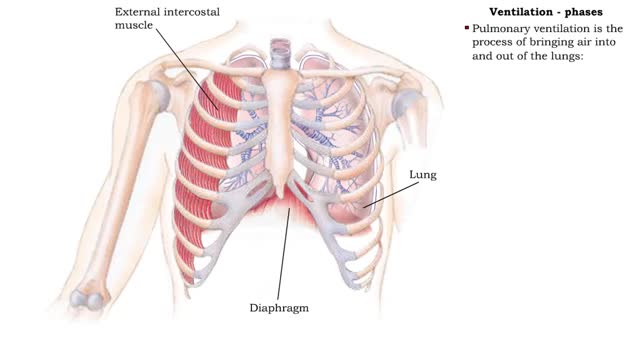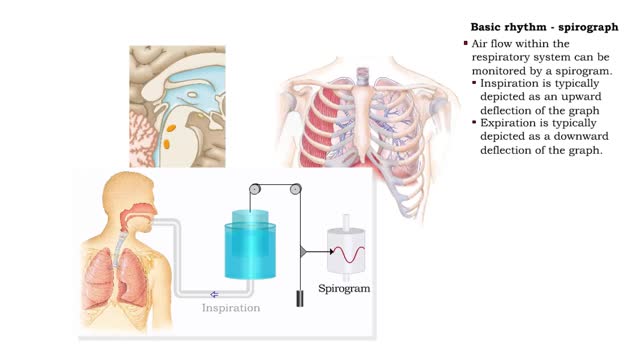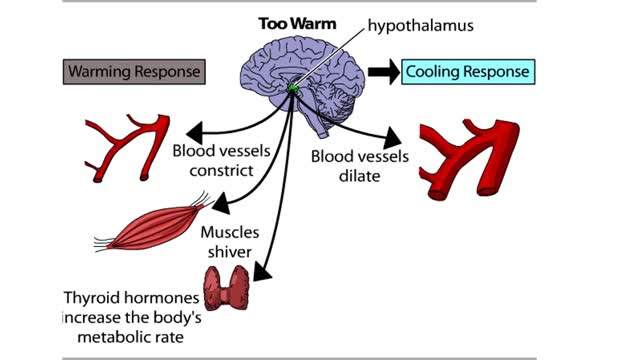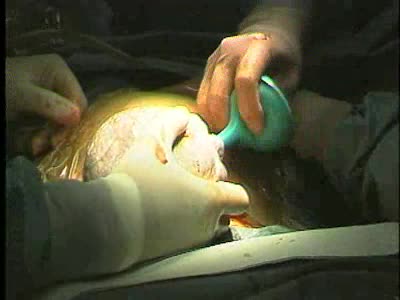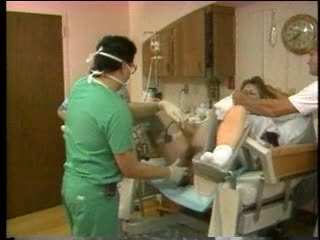Search Results
Results for: 'breathing'
By: Administrator, Views: 14574
Pneumonia is an inflammatory condition of the lung affecting primarily the small air sacs known as alveoli. Typically symptoms include some combination of productive or dry cough, chest pain, fever, and trouble breathing. Severity is variable. In adults, bacteria are the most common causes of ...
Introduction to Cystic Fibrosis
By: Administrator, Views: 14666
Cystic fibrosis (CF) is a genetic disorder that affects mostly the lungs, but also the pancreas, liver, kidneys, and intestine. Long-term issues include difficulty breathing and coughing up mucus as a result of frequent lung infections. Other signs and symptoms may include sinus infections, poor ...
Interview with Person who has Panic Attacks
By: Administrator, Views: 14722
Panic attacks are sudden periods of intense fear that may include palpitations, sweating, shaking, shortness of breath, numbness, or a feeling that something bad is going to happen. The maximum degree of symptoms occurs within minutes. Typically they last for about 30 minutes but the duration can...
Ventilation - phases and driving forces
By: HWC, Views: 11729
Respiration is the exchange of gases between the atmosphere, blood, and cells The combination of 3 processes is required for respiration to occur Ventilation (breathing) External (pulmonary) respiration Internal (tissue) respiration The cardiovascular system assists the respiratory system b...
Basic rhythm - control centers in medulla oblongata, spirograph and normal tidal cycle
By: HWC, Views: 11482
• Normal ventilation is rhythmic and involves continuous cycles of inspiration and expiration. • Various regions of the brain closely regulate this rhythmic pattern of ventilation. • The rhythmicity area in the medulla regulates the basic rhythm of ventilation. • The medullary rhy...
The Hypothalamus: The Body's Thermostat (Human Thermostat)
By: HWC, Views: 10815
Normal body function requires a relatively constant body temperature, which is regulated by the body's thermostat, a region of the brain called the hypothalamus. The hypothalamus generates a temperature set point for the body and appears to be the major site for the integration of temperature inf...
By: Administrator, Views: 483
Caesarean section, also known as C-section, or caesarean delivery, is the use of surgery to deliver babies. A caesarean section is often necessary when a vaginal delivery would put the baby or mother at risk. This may include obstructed labor, twin pregnancy, high blood pressure in the mother, br...
Second Stage of Labor and Delivery
By: Administrator, Views: 680
During labor forceful contractions move the fetus down the birth canal and expel it from the uterus. Signs and symptoms that labor is about to start can occur from hours to weeks before the actual onset of labor. Braxton Hicks contractions Irregular contractions that begin in the second trim...
Advertisement



